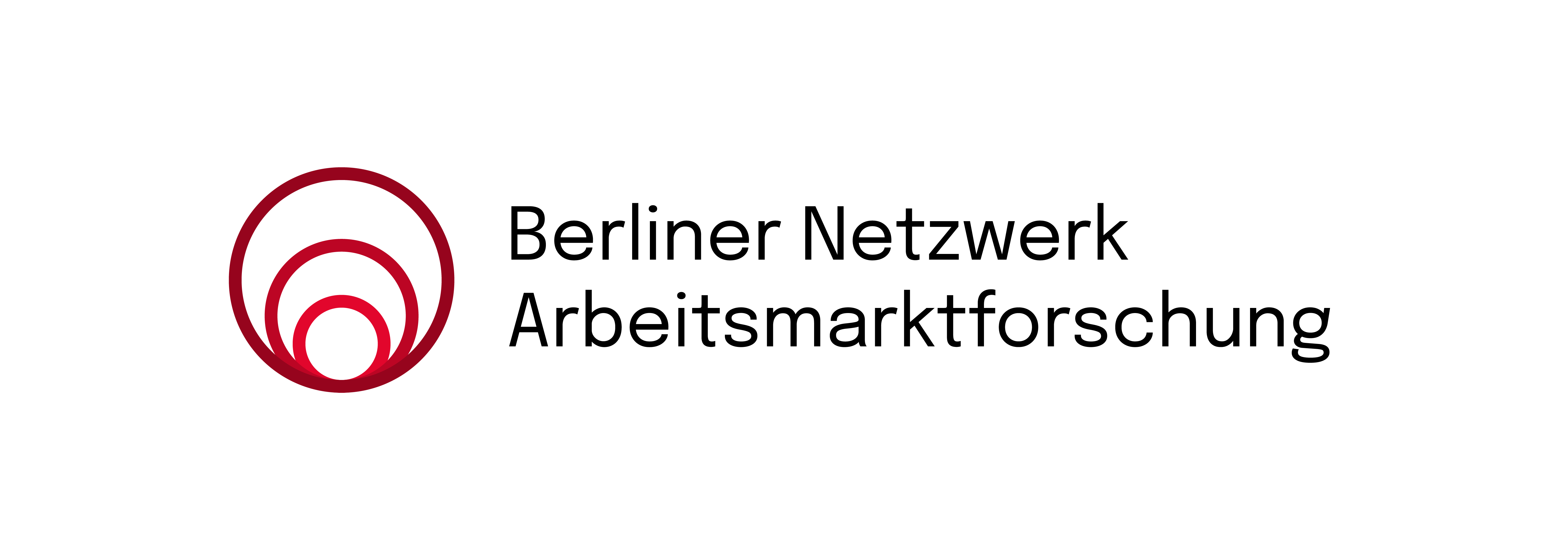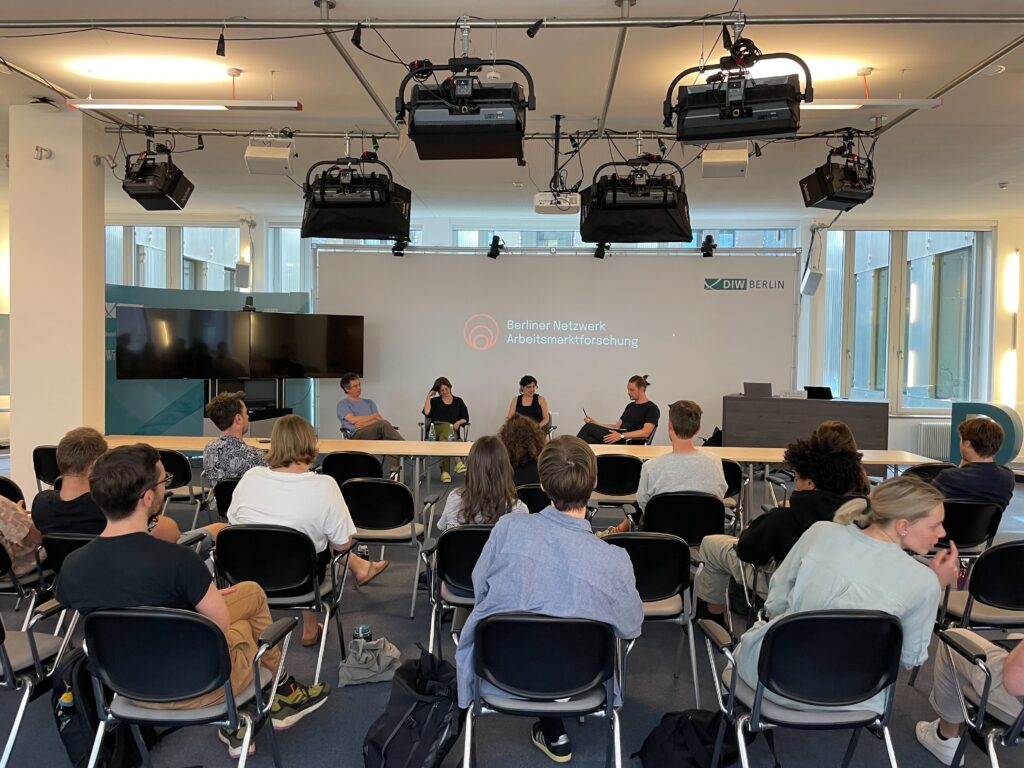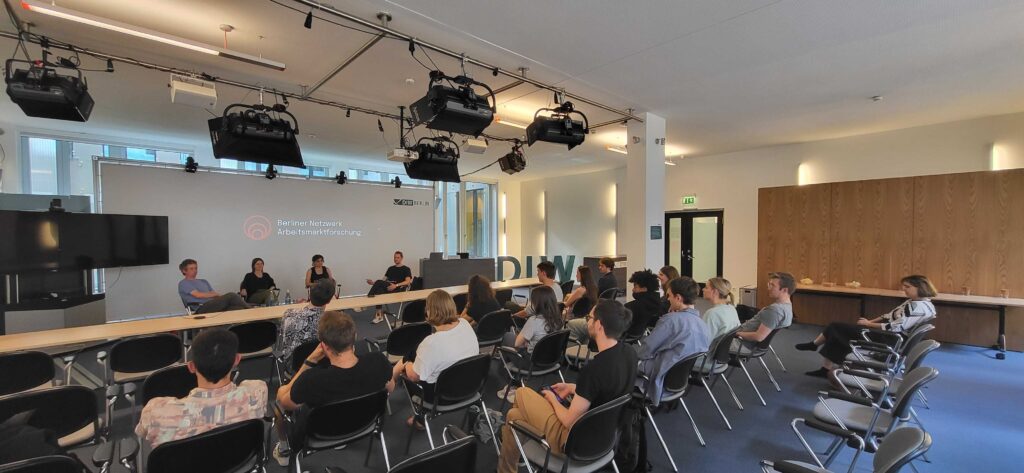Workshop on Life-course Inequality Dynamics
Concerns about inequality and questions of social justice and cohesion have re-entered the public arena and animate debate. In his Nobel prize lecture in 2015, Angus Deaton has outlined three imperatives that are key to understanding inequalities and formulating welfare-enhancing policies: (I) Differences in resources across individuals should be measured not only at specific points in time but also across the life course. (II) Direct economic measures of well-being should be developed to assess better socio-economic outcomes. (III) Data should be reconciled with lifecycle models to explain the causal mechanisms behind outcomes. This workshop is an initiative to build on these imperatives and seeks to bring together scholars whose research focuses, from a lifecycle perspective, on inequalities in and fluctuations of economic resources and their drivers.
Time and Place
October 24-25, 2024; DIW Berlin, Elinor Ostrom Hall
Keynote speakers
Prof. Dr. Cecilia García Peñalosa, Aix-Marseille School of Economics
Title: Trends and Inequality in Lifetime Earnings in France
Prof. Dr. Dr. Giacomo Corneo, Freie Universität Berlin
Title: Lifetime income inequality and redistribution
Submission
Submissions that deal with any aspect of inequality dynamics over the lifecycle. There is no participation fee. Travel expenses are not covered. If you would like to participate in the workshop and / or present your own research, please send your application to: LINDY@diw.de
Submission deadline: August 25, 2024



